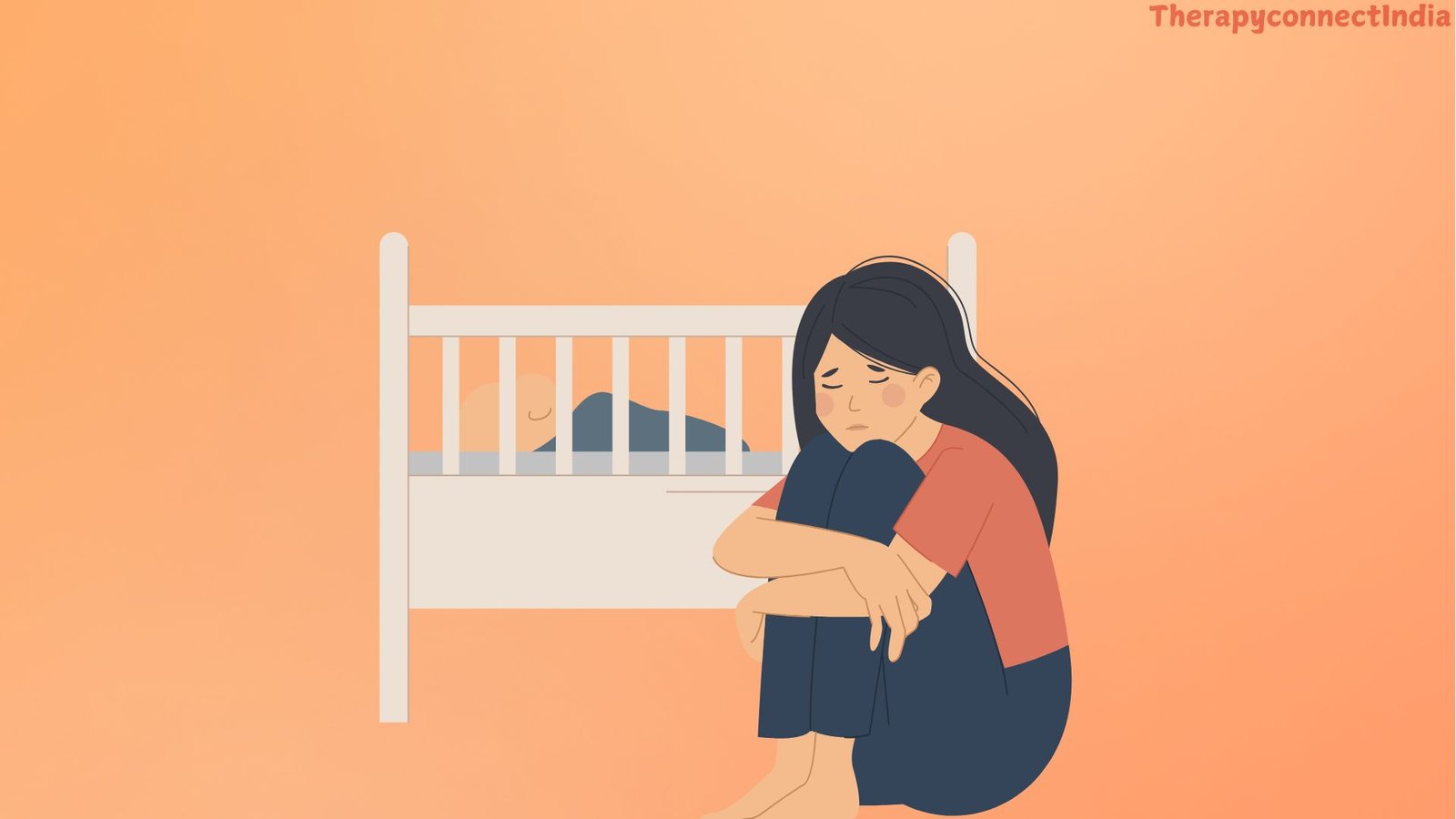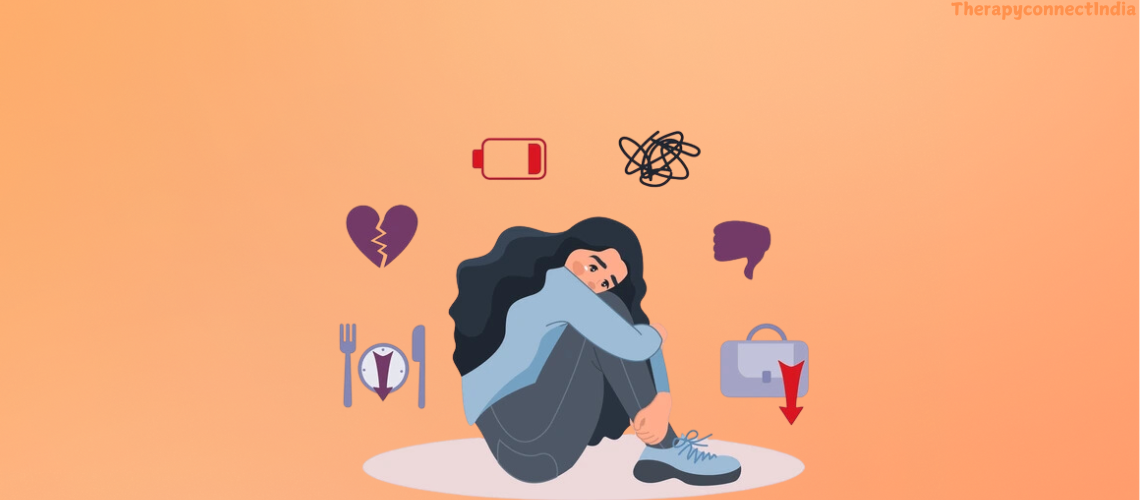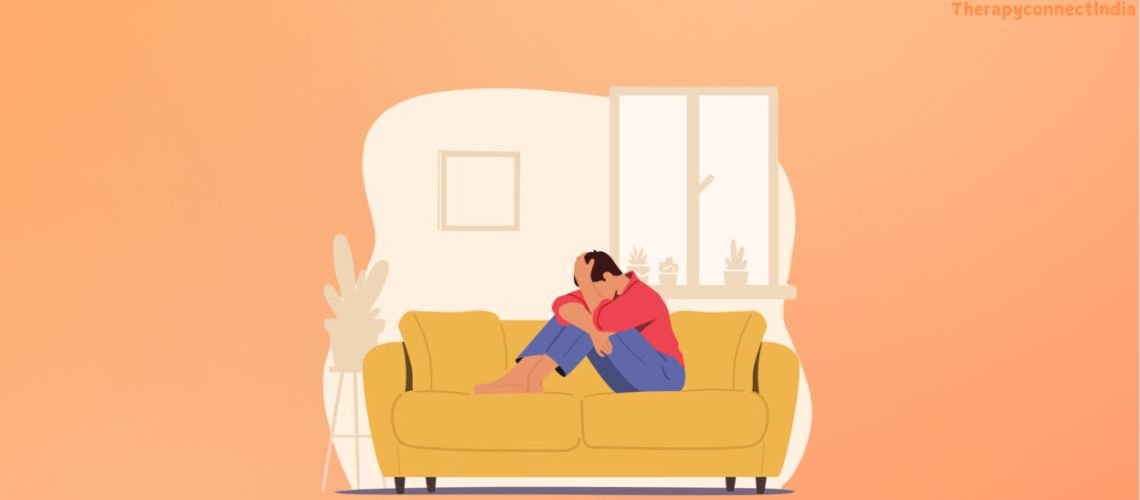Morning Anxiety: Why It Happens and 7 Ways to Calm Your Mind

Do you wake up feeling overwhelmed, panicked, or filled with dread? If so, you’re not alone. Many people experience morning anxiety, a condition where feelings of worry and stress hit hardest right after waking up.
For some, morning anxiety is mild, but for others, it can be crippling, making it difficult to start the day. The good news is that there are ways to manage morning anxiety and regain control of your mornings.
In this blog, we’ll explore:

1. High Cortisol Levels ("The Stress Hormone")
Cortisol, often called the stress hormone, is naturally highest in the morning. While cortisol helps wake us up, excess levels can trigger anxiety symptoms like racing thoughts, rapid heartbeat, and restlessness.
If your body is producing too much cortisol, you might wake up feeling anxious, even if there’s no clear reason for your worry.
2. Low Blood Sugar Levels
After 6–8 hours of sleep, your body has gone without food for a long time. Low blood sugar levels can lead to:
For people prone to morning anxiety, low blood sugar can worsen symptoms, making you feel shaky or panicked.
3. Negative Thought Patterns
Your mind is most vulnerable in the morning. If you wake up and immediately start thinking about:
...your brain can quickly spiral into anxiety mode.

4. Poor Sleep Quality
If you’re not getting enough deep sleep, your body won’t have time to properly reset. Poor sleep can lead to:
5. Caffeine Sensitivity
Many people start their day with coffee, but too much caffeine can worsen morning anxiety by increasing:
If you’re sensitive to caffeine, try reducing your intake or switching to herbal tea.

1. Practice Deep Breathing
When you wake up feeling anxious, your breathing may be shallow and rapid. This signals to your brain that you’re in "danger mode," which only intensifies anxiety.
A simple deep breathing exercise can help:
This activates the parasympathetic nervous system, calming your mind and body.
2. Get Natural Sunlight
Exposing yourself to natural morning light helps regulate:
Try to step outside for 10–15 minutes in the morning or open your curtains to let sunlight in.
3. Eat a Protein-Rich Breakfast
Skipping breakfast can cause blood sugar crashes, leading to increased anxiety symptoms. Instead, fuel your body with a protein-rich breakfast, such as:
Protein helps stabilize blood sugar, keeping your energy and mood balanced throughout the morning.

4. Reduce Caffeine Intake
If you struggle with morning anxiety, caffeine might be making it worse. Try:
If you can’t give up coffee completely, limit yourself to one cup and see if it makes a difference.
5. Practice Gratitude Journaling
Your first thoughts of the day set the tone for your morning. If you wake up focusing on stress, your anxiety will increase.
Instead, redirect your mind by writing down:
Shifting your focus to gratitude can rewire your brain to start the day on a calmer note.

6. Move Your Body
Exercise reduces stress hormones and releases endorphins, which improve mood. Even 5–10 minutes of movement in the morning can make a big difference. Try:
Physical activity helps reset your nervous system, making it easier to handle anxiety.
7. Create a Calming Morning Routine
If you rush in the morning, your body stays in fight-or-flight mode, increasing anxiety levels. Instead, create a relaxing morning routine by:
A structured, slow-paced morning routine reduces stress and sets a peaceful tone for the day.
Morning anxiety can feel overwhelming, but it doesn’t have to control your life. By understanding the underlying causes and implementing these 7 strategies, you can take proactive steps to calm your mind and start your day with greater ease. Remember, managing anxiety is a journey, and it’s okay to seek help along the way. With time and practice, you can transform your mornings into a time of peace and positivity.
Experiencing morning anxiety can be challenging, but there are numerous resources available to help you understand and manage it effectively. Here are some valuable articles and guides:

These resources offer comprehensive information and strategies to help you manage morning anxiety and start your day with a calmer mindset.